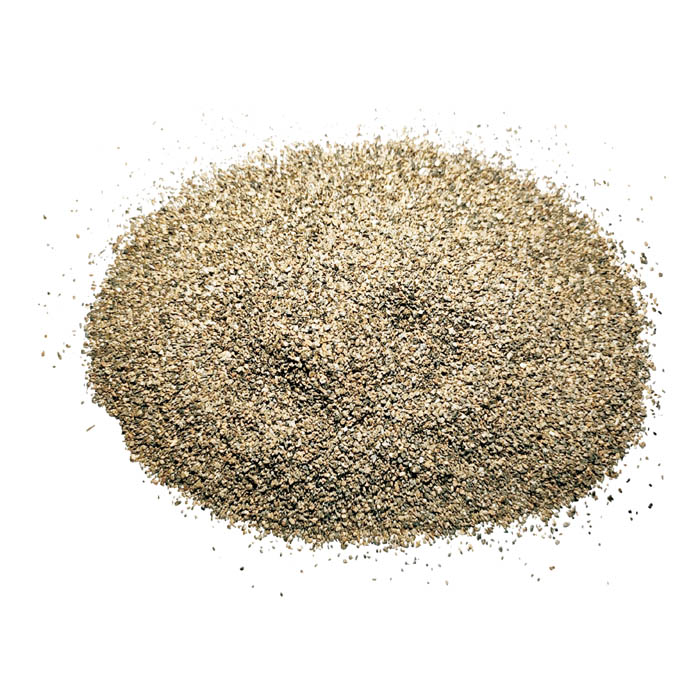Jul . 26, 2024 15:08 Back to list
Exploring the Production Processes of Refractory Materials in Modern Manufacturing Facilities
Refractory Material Factories A Pillar of Modern Industry
Refractory materials play a crucial role in various industries, including metal production, glass manufacturing, and cement processing. These materials are engineered to withstand extreme temperatures and harsh environments, making them essential for processes that involve molten metals, hot gases, or abrasive substances. Given their significance, refractory material factories are vital players in the supply chain of modern industrial operations.
Understanding Refractory Materials
Refractory materials are typically classified as ceramics that are capable of withstanding high temperatures without losing their strength or integrity. They are designed to tolerate temperatures exceeding 1,500 degrees Celsius and are critical in applications such as furnaces, kilns, and incinerators. Common types of refractory materials include alumina, silica, magnesia, and various composite materials that offer unique thermal properties.
The selection of a specific type of refractory material depends largely on the application and the operating conditions. For instance, in steelmaking, high-alumina refractories are preferred due to their excellent thermal stability and resistance to slag. Conversely, magnesia-based refractories may be utilized in applications involving basic slags, providing enhanced durability and performance.
The Role of Refractory Material Factories
Refractory material factories serve a vital function in the processing and production of these essential materials. The manufacturing processes involve several stages, including raw material selection, blending, shaping, drying, and firing. The end products must meet stringent quality standards to ensure they can withstand the demanding conditions for which they are intended.
One significant aspect of refractory material production is the constant evolution of manufacturing techniques and technologies. Advances in material science have led to the development of engineered refractories that promise improved thermal efficiency and longevity. This not only benefits industries by reducing downtime and maintenance costs but also enhances overall operational safety.
refractoriness material factories

Moreover, constant innovation in refractory material factories leads to sustainable practices. Many manufacturers are now focusing on the use of recycled materials as feedstock for production, reducing waste and minimizing environmental impacts. Leading firms are seeking to reduce the carbon footprint of their operations through the implementation of eco-friendly technologies in both production and logistics.
Challenges Faced by Refractory Material Factories
Despite the critical role refractories play, factories face several challenges. One of the primary issues is the volatility of raw material prices. Fluctuations in the costs of raw materials such as bauxite, dolomite, and magnesite can affect production budgets and pricing strategies. Additionally, refractory material factories must contend with increasing global competition, which drives the need for continual improvement and efficiency.
Quality control is another vital consideration. As industries demand higher performance from refractory materials, maintaining stringent quality assurance protocols becomes paramount. This involves thorough testing and evaluation of raw materials and finished products to ensure they meet required specifications.
The Future of Refractory Material Factories
Looking ahead, the refractory industry is poised for growth. Increased urbanization and industrialization in emerging economies will drive demand for refractory materials in various sectors. Furthermore, advancements in technology, such as the integration of artificial intelligence and machine learning in production processes, promise to enhance efficiency and reduce costs significantly.
In conclusion, refractory material factories are not just manufacturers; they are integral to the backbone of industrial operations worldwide. By continually innovating and adapting to market needs, these factories ensure that they can provide the high-performance materials necessary for a variety of demanding applications. As industries evolve, so too will the role and relevance of refractory material factories, paving the way for a more resilient and sustainable industrial future.
-
Eco-Friendly Granule Covering Agent | Dust & Caking Control
NewsAug.06,2025
-
Fe-C Composite Pellets for BOF: High-Efficiency & Cost-Saving
NewsAug.05,2025
-
Premium Tundish Covering Agents Exporters | High Purity
NewsAug.04,2025
-
Fe-C Composite Pellets for BOF | Efficient & Economical
NewsAug.03,2025
-
Top Tundish Covering Agent Exporters | Premium Quality Solutions
NewsAug.02,2025
-
First Bauxite Exporters | AI-Optimized Supply
NewsAug.01,2025
